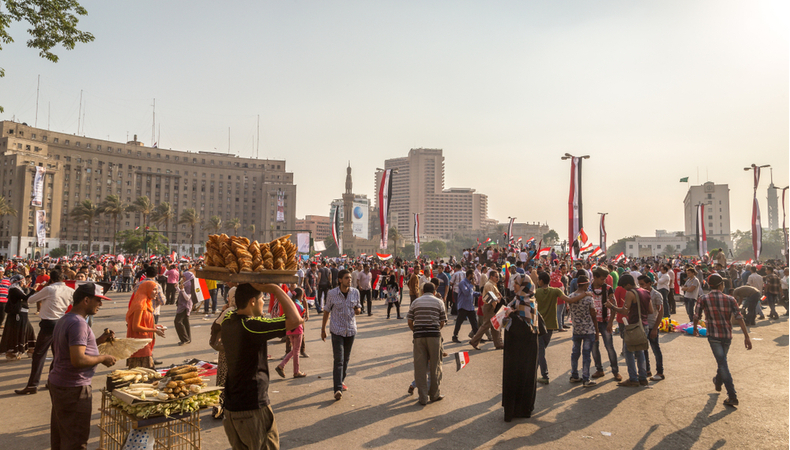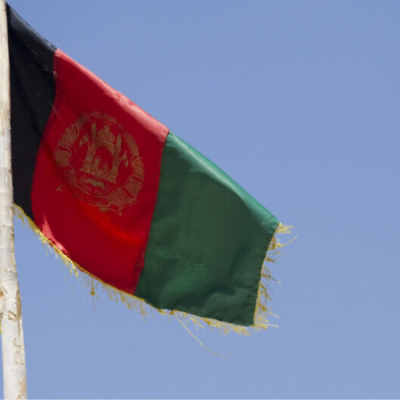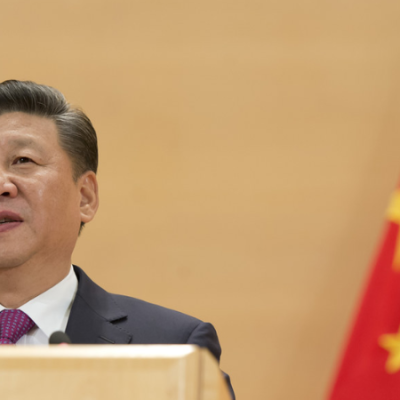Other than Arab springs, ten years of winter!

Exactly ten years ago, on December 17, 2010, a Tunisian street vendor set himself on fire to protest against the authorities abuses. Those flames ignited the protests that starting from Tunisia landed in Egypt, Libya, Syria, Iraq, Yemen, and Bahrain. The world called those protests the Arab Springs. But then came the disenchantment of wars, of the affirmation of Isis. What remains of the hope of those days? What has changed in the figures of the economic and social indicators between yesterday and today? Is it correct to speak of Arab winter?
If Tunisia is the only country that can be presented as a successful model of Arab spring, not all Tunisians agree with this interpretation. The problems to be solved are the same as always for a country in a region experiencing difficult times: low economic growth, high unemployment rate, terrorism, widespread corruption and tax evasion, irregular migration, Libyan crisis, social injustice, institutions crisis. All aggravated by a pandemic that has also blocked the tourist economy.
This “revolution” indeed allowed the holding of several free and fair elections. Including administrative ones, the promulgation of a new Constitution in 2014, the creation of stable and democratic institutions, the awarding of the Nobel Prize for Peace at the end of 2015 to the Quartet of the Tunisian National Dialogue, to somehow consecrate the success of the dialogue model adopted within Tunisian society. But beyond all this, the young Republic paid a heavy price in terms of economic security, unemployment, and recession. In addition to the simple Western simplistic readings of a country always fighting between secularists and Islamists, the local society is much more complex. And political power is still struggling to implement effective governance.If in Egypt the revolution died out and the country returned to the past with Al-Sisi, in Libya the spring become a long winter of civil war.
Read More | Winds of revolution in Tunisia
After the Russian and Turkish intervention, the situation is out of control of the Libyan people, suffering from inhuman living conditions. In Syria, the protest of the children of Deraa turned into the nightmare of Daesh (Isis). Now the world is faced with the bill of a war for which the West also shares responsibility. In Iraq, the initial protests never ended, and another spring exploded recently.In Yemen, the revolts that broke out ten years ago transformed into an international war and a humanitarian emergency.
Finally, the wind of revolt also blew south of the Sahara. It was renamed Harmattan, like the African wind. But the populations did not get benefit from it, but only misery, instability, and terrorism.In light of all this, speaking of “spring” certainly does not seem appropriate. The Arab winters froze the dreams of millions of young people. They have stripped the Libyans of trust in the international community. They took away all hope for a life worth living from Tunisians. To the Egyptians, the hopes of freedom. In Yemen, God died. And the young Syrians join the pay of Ankara.




